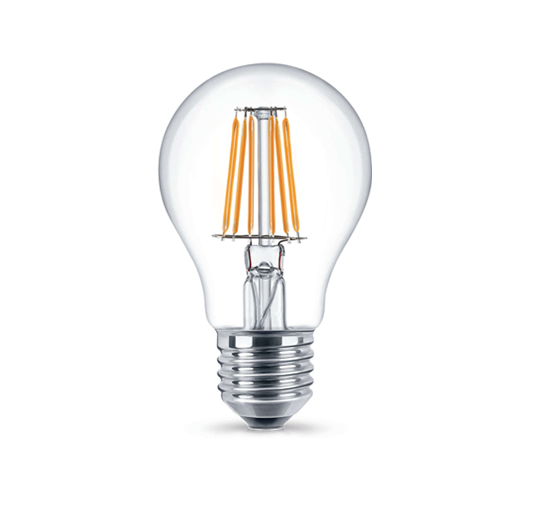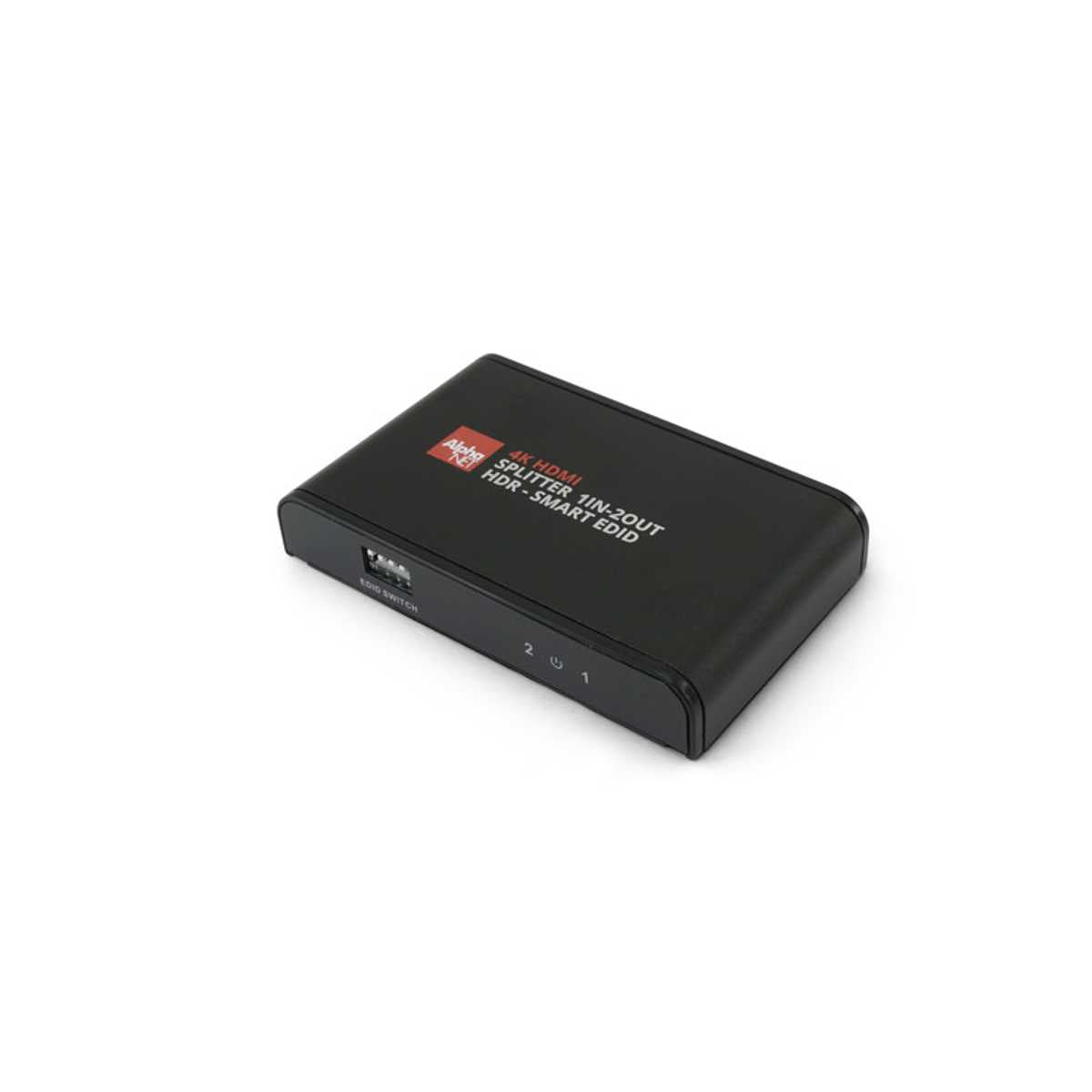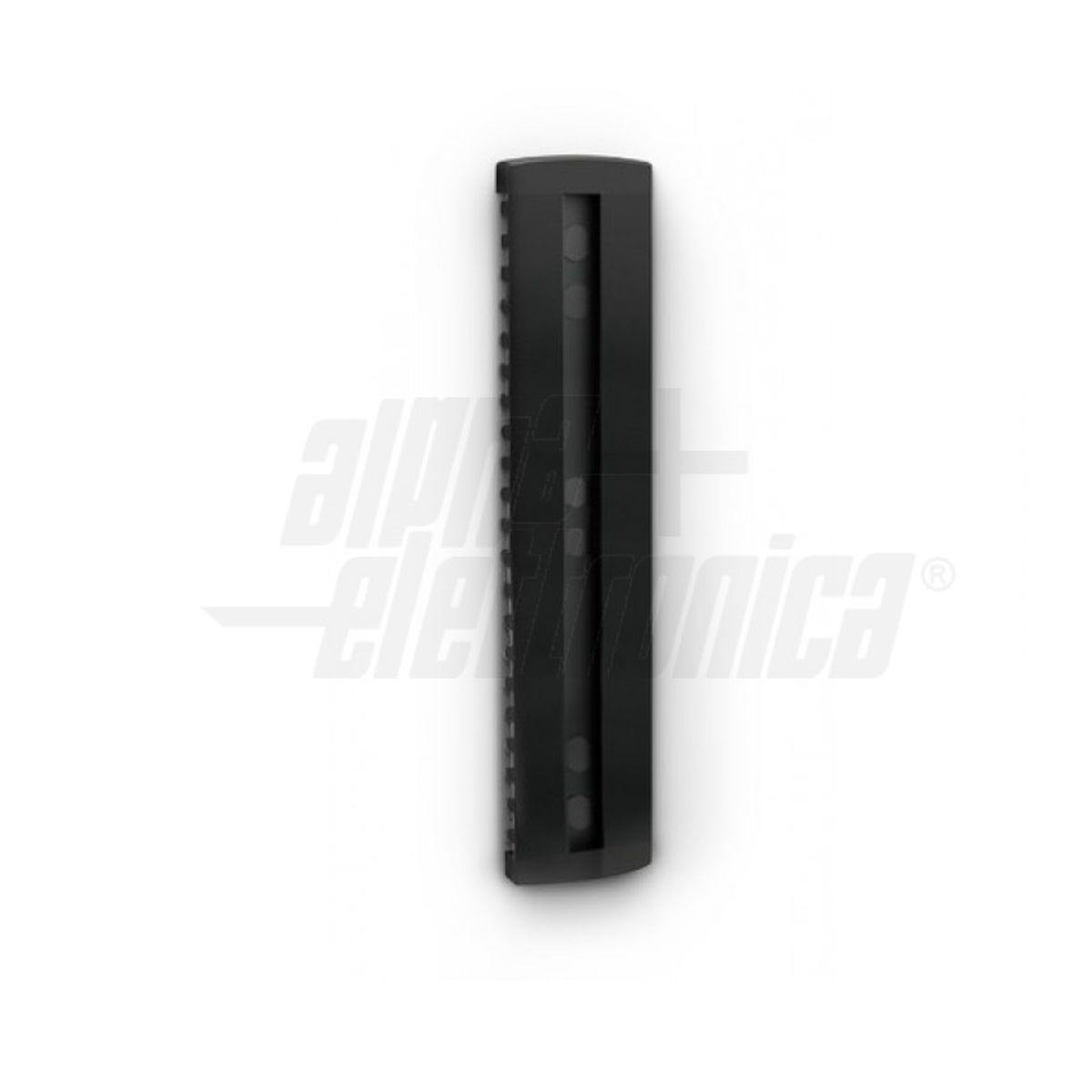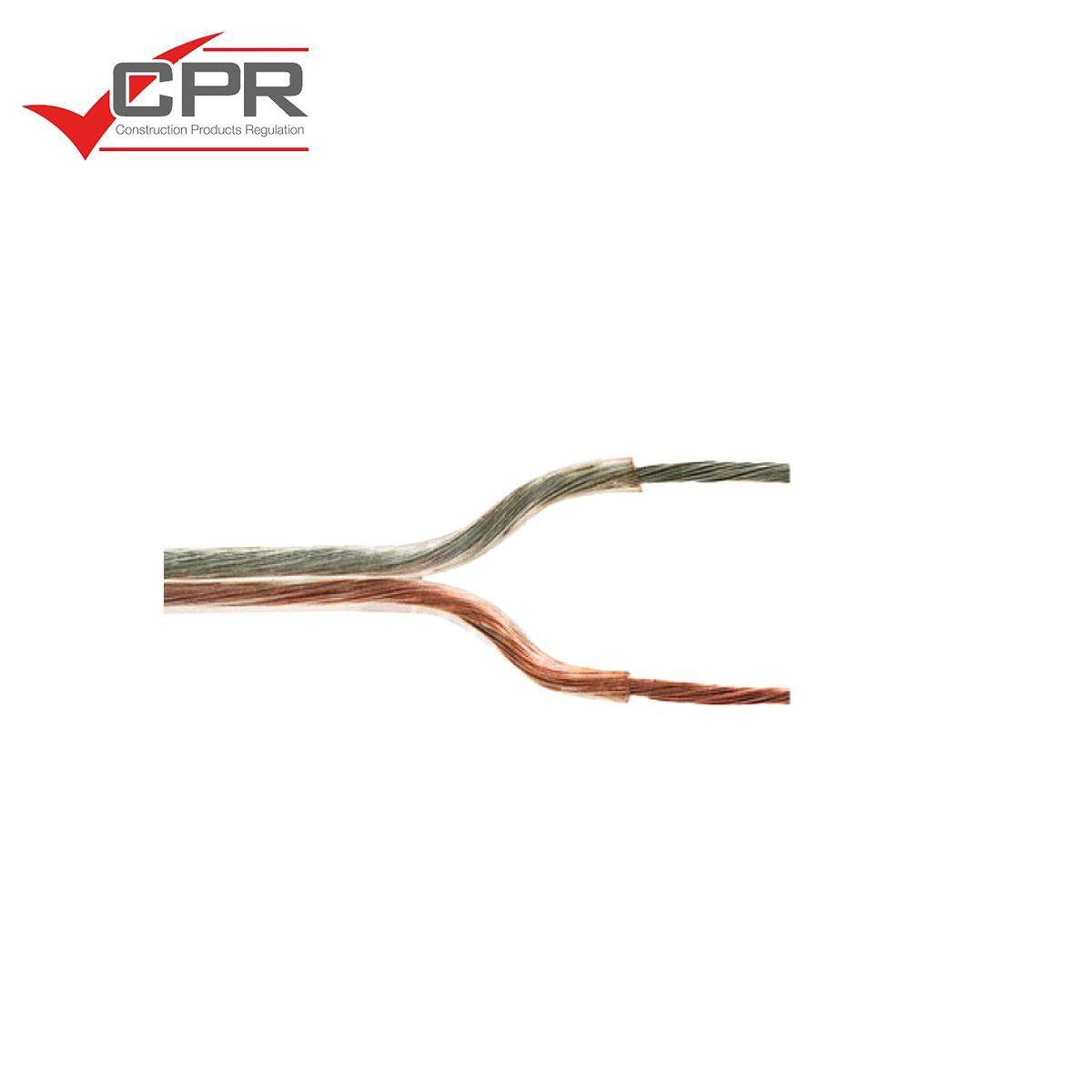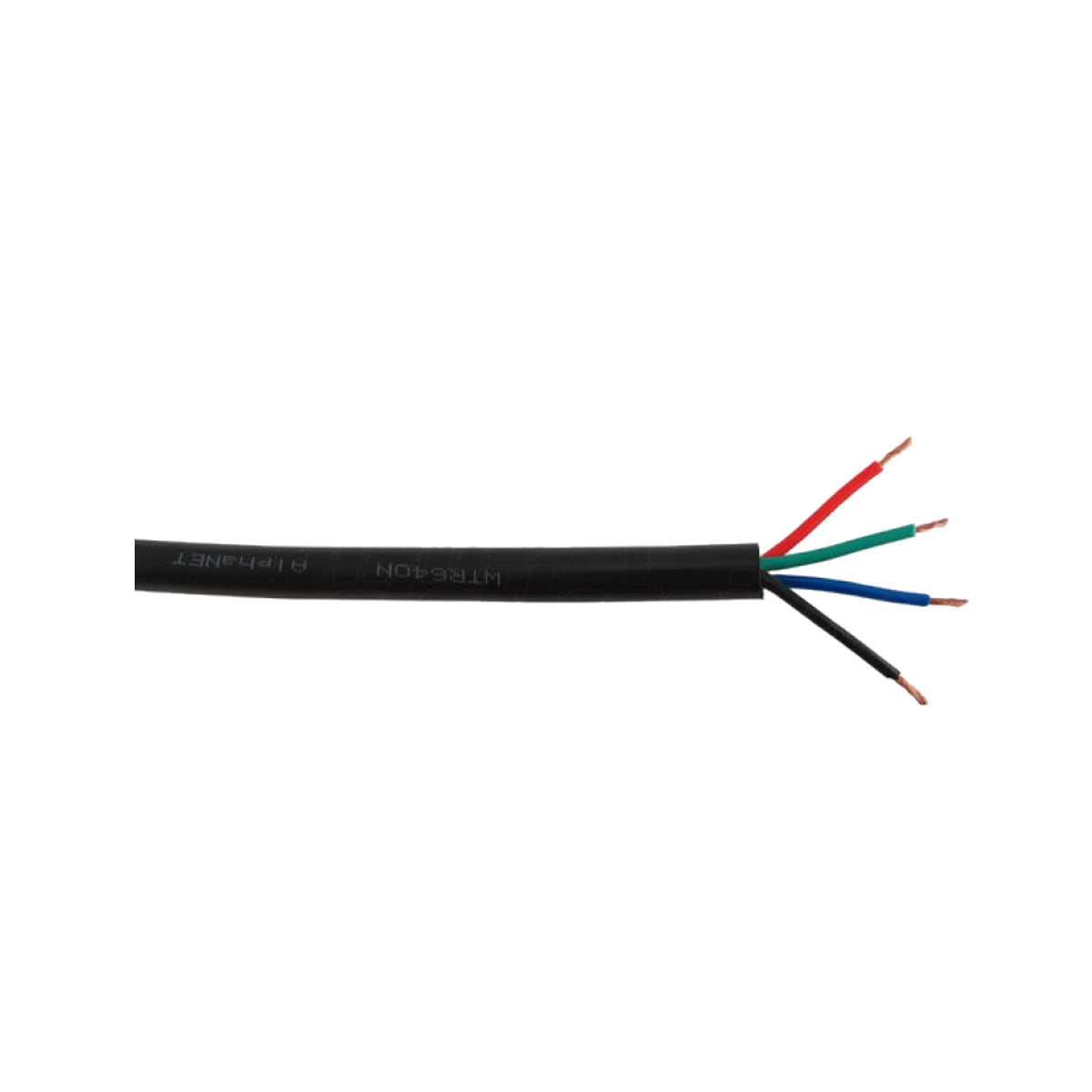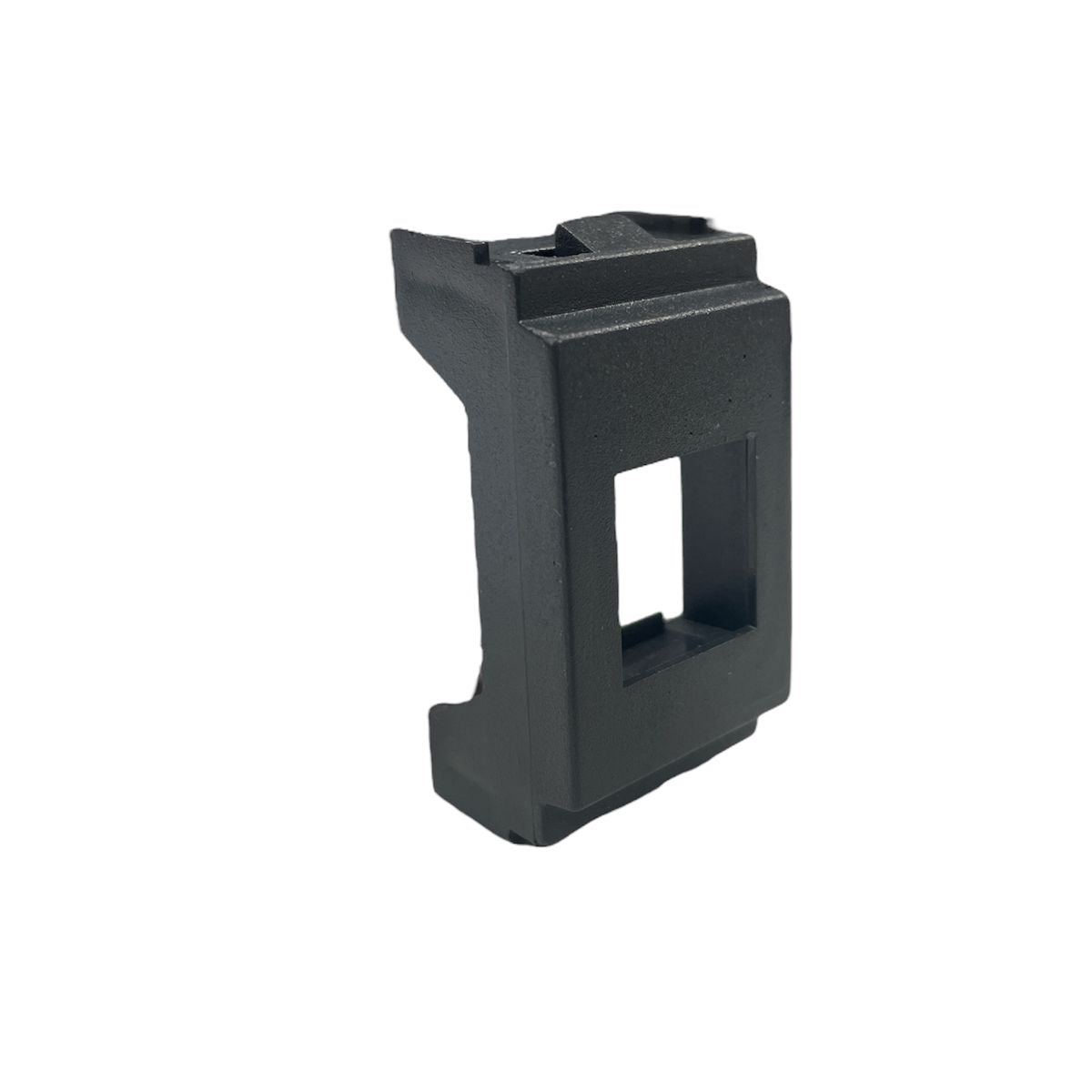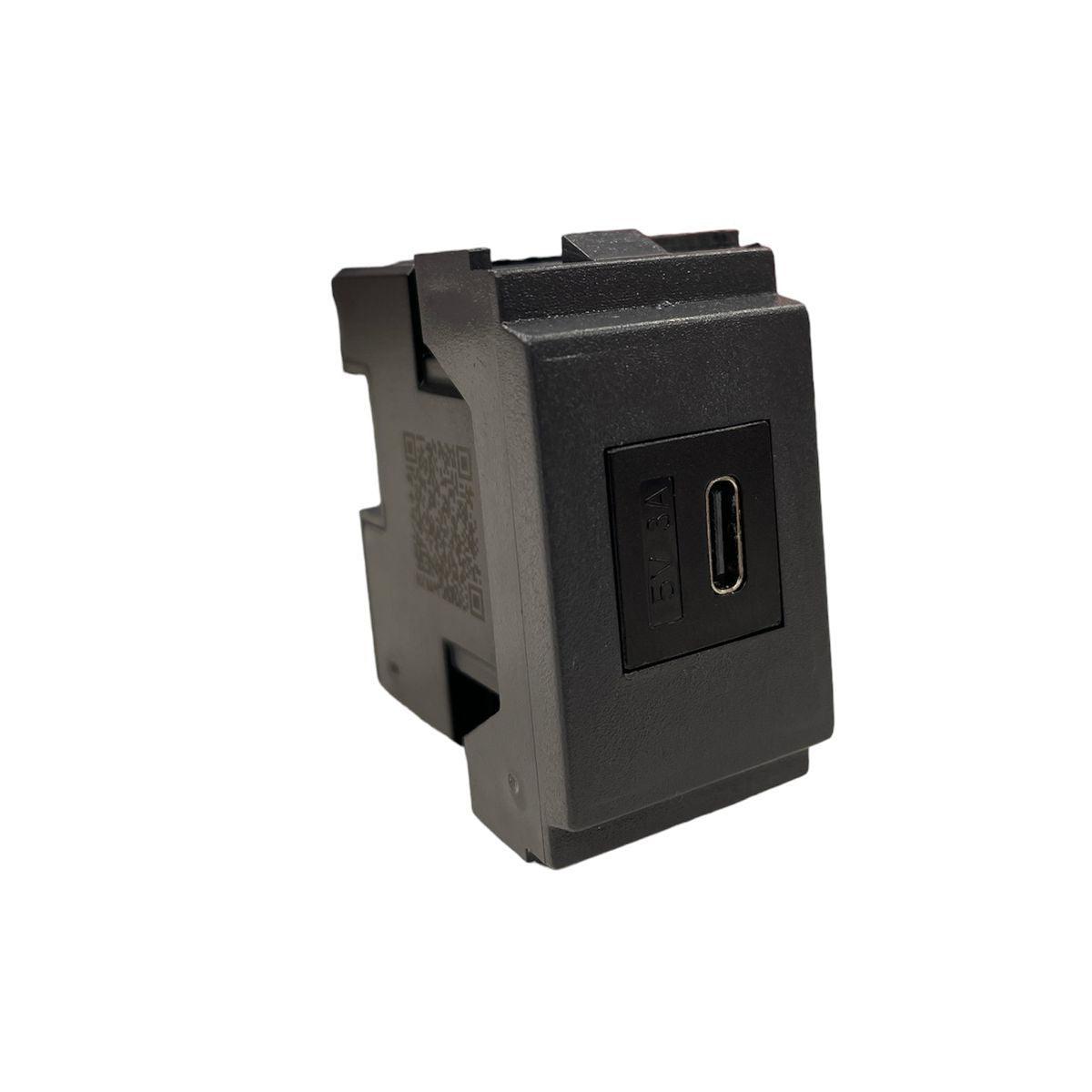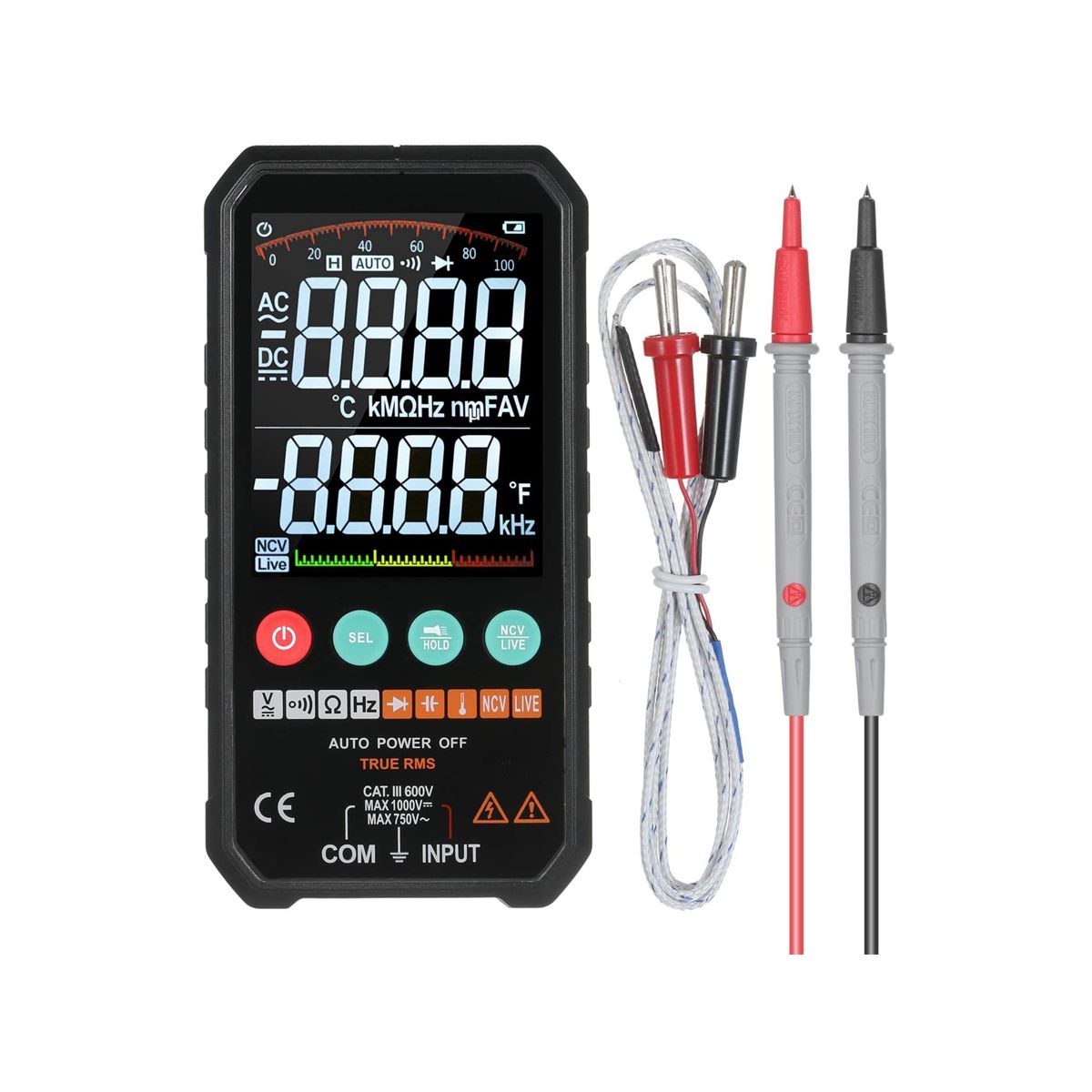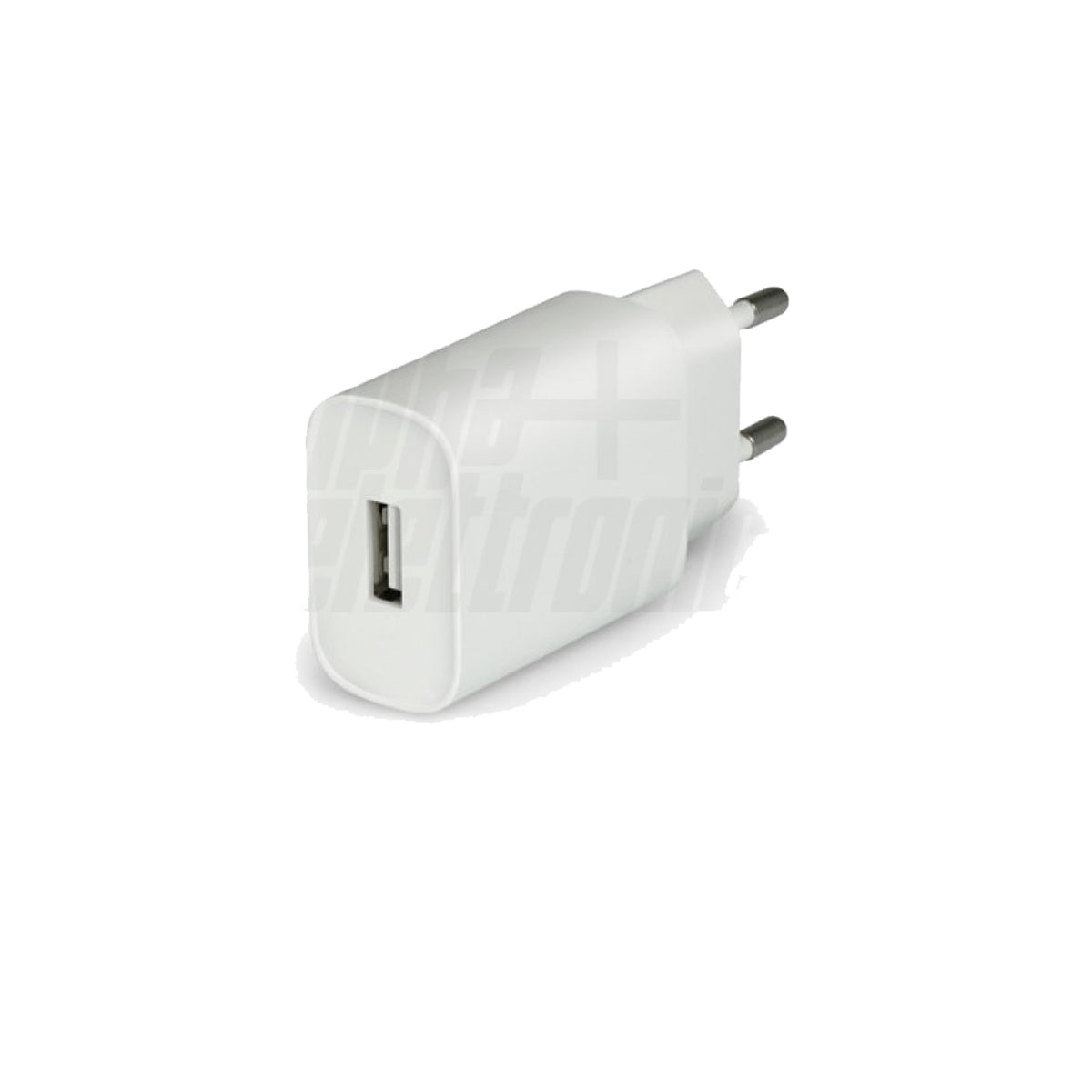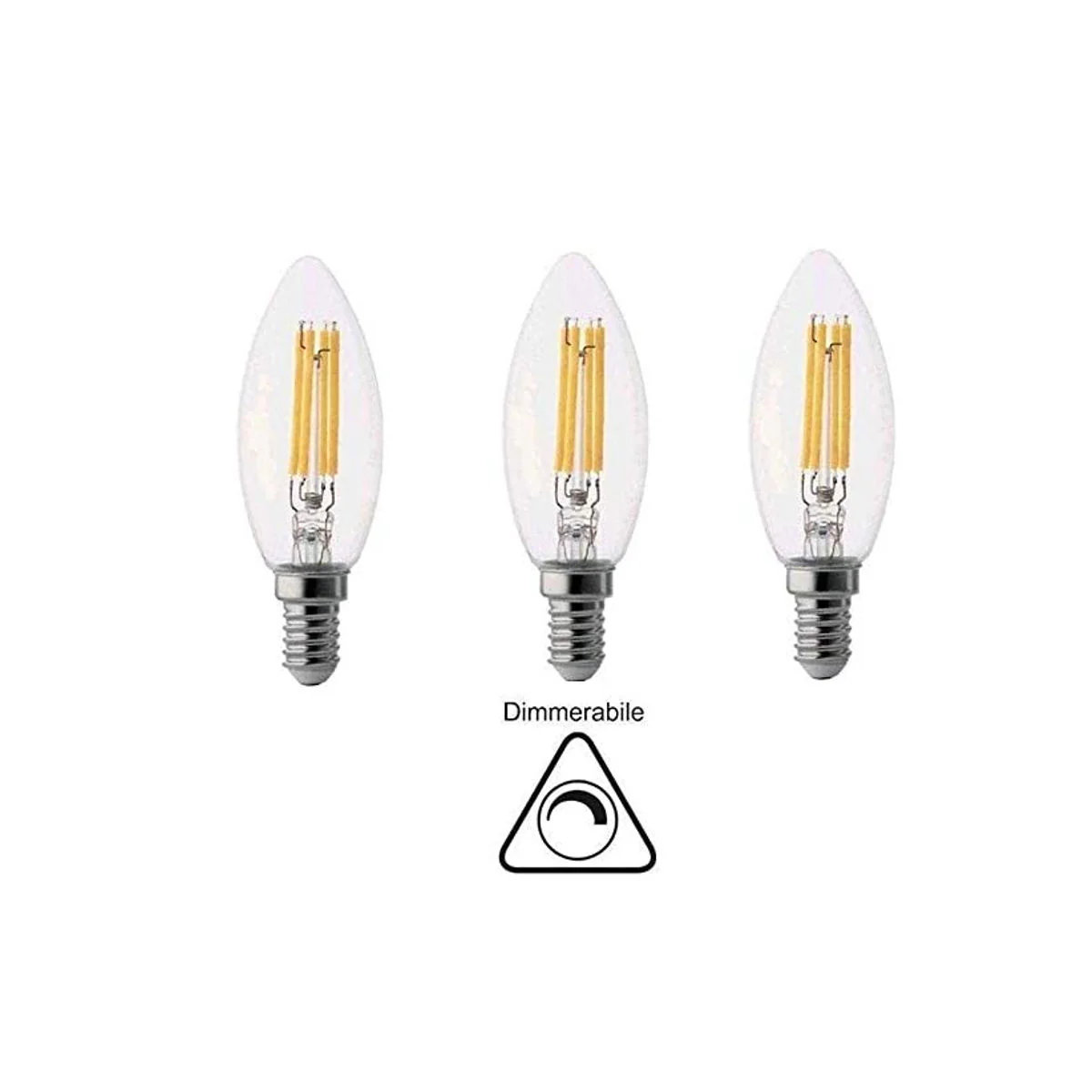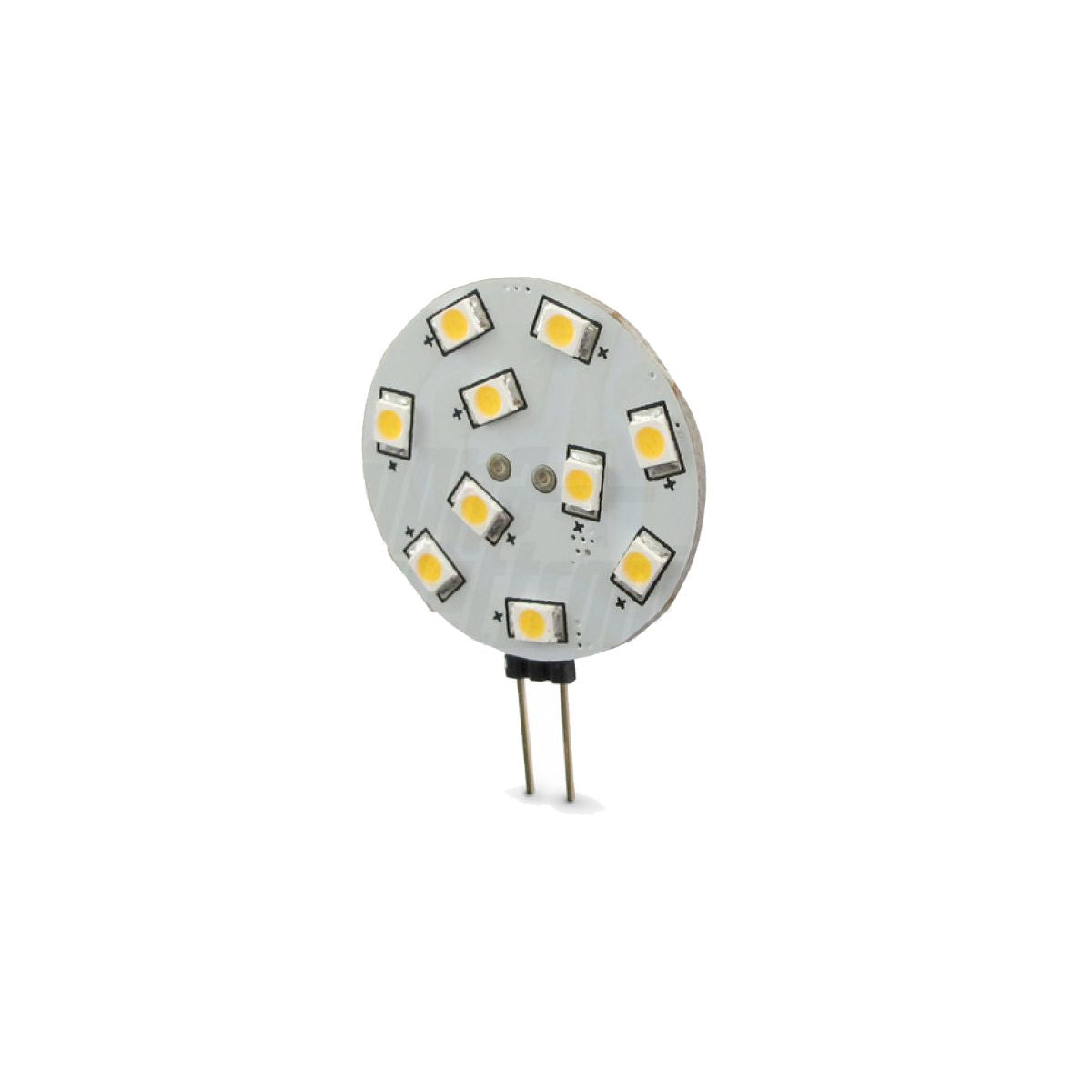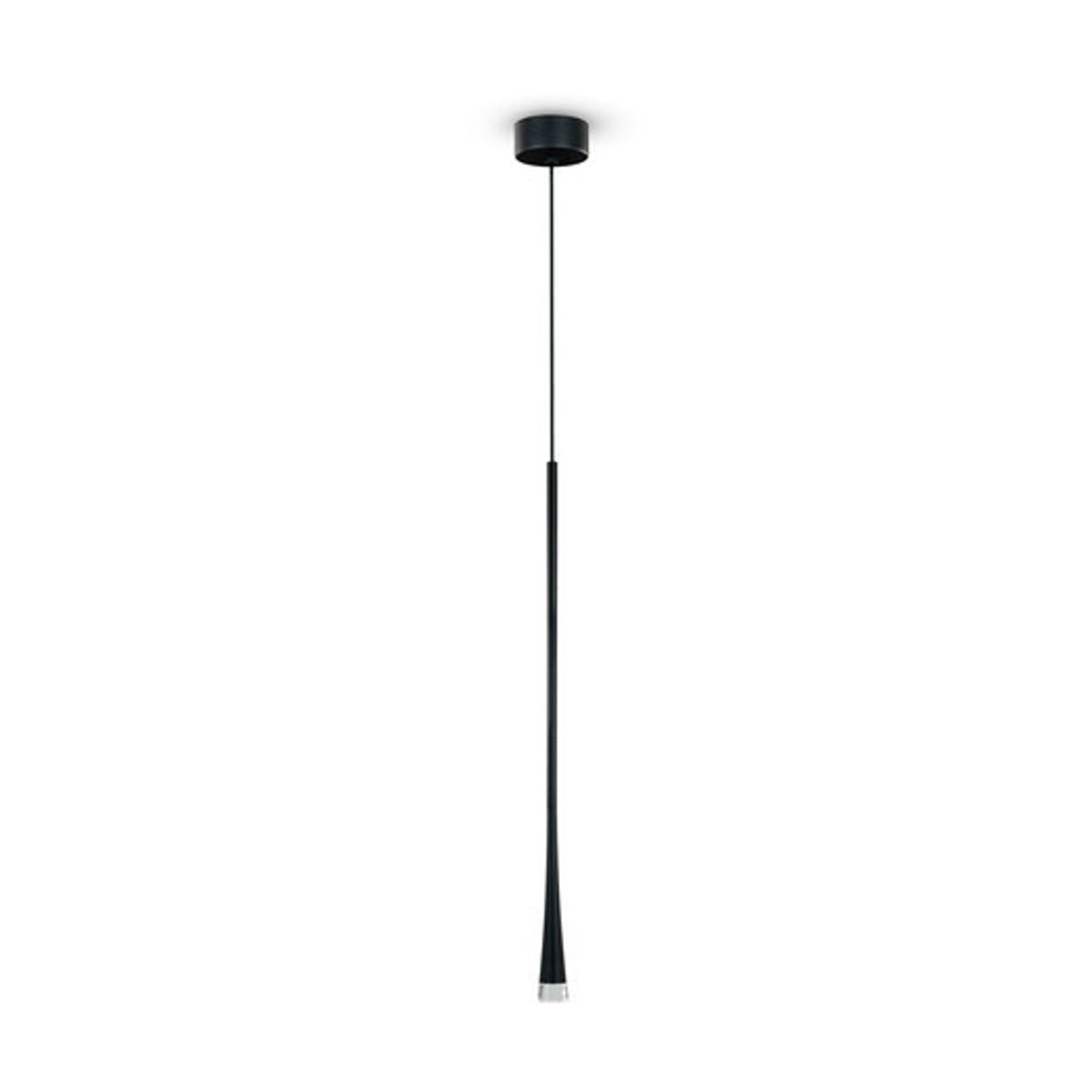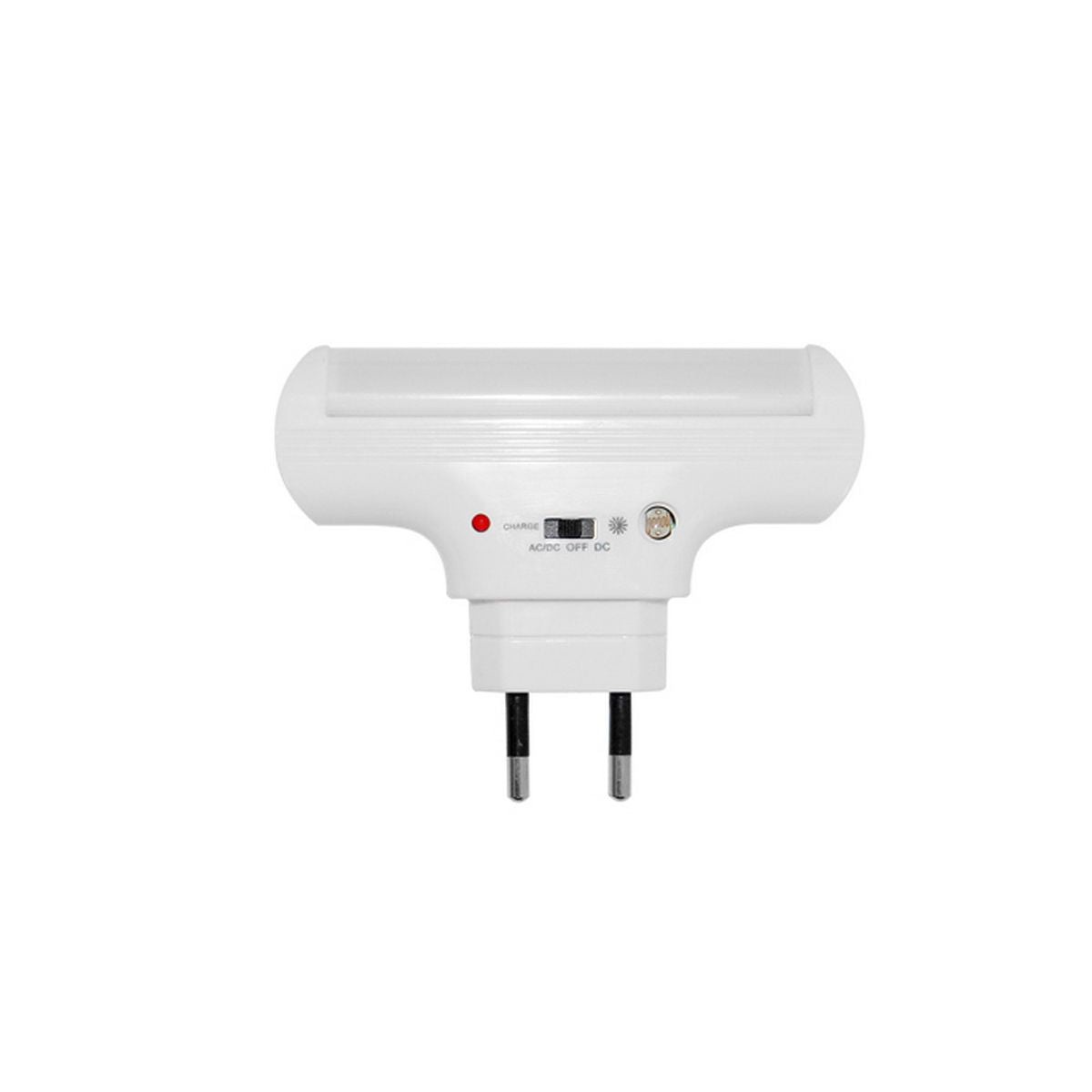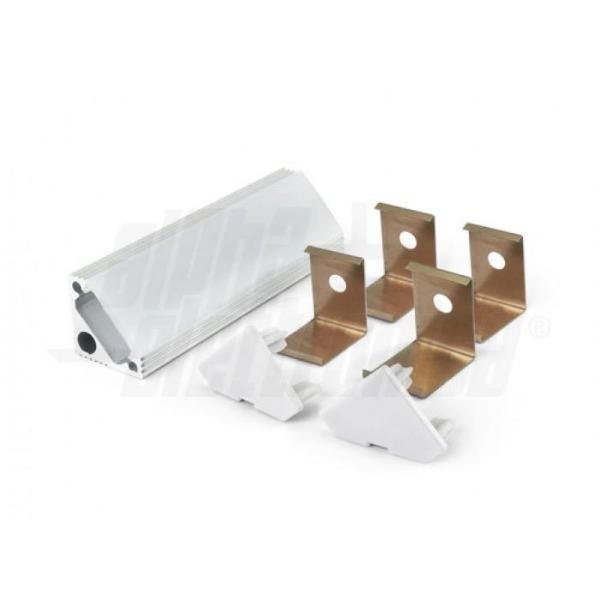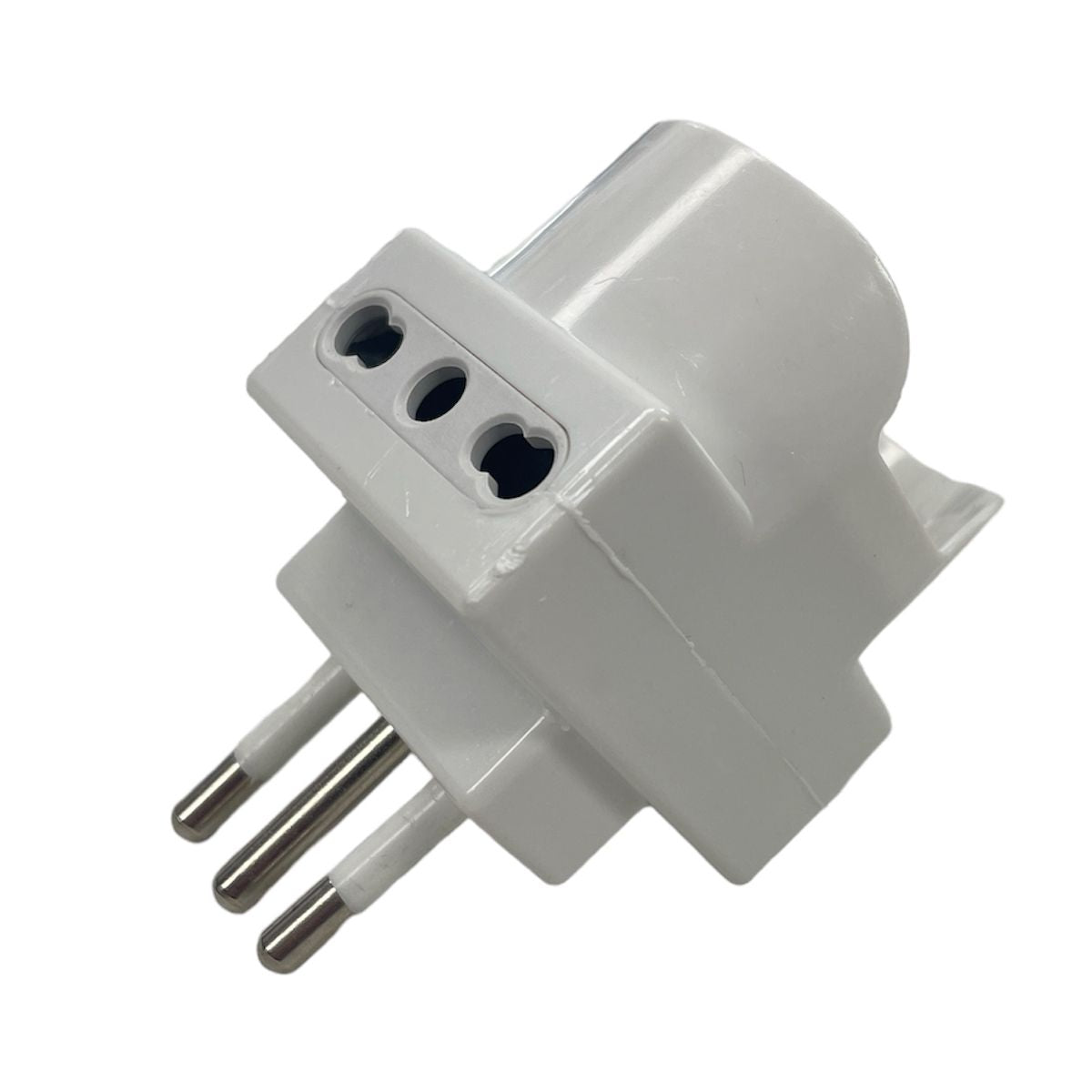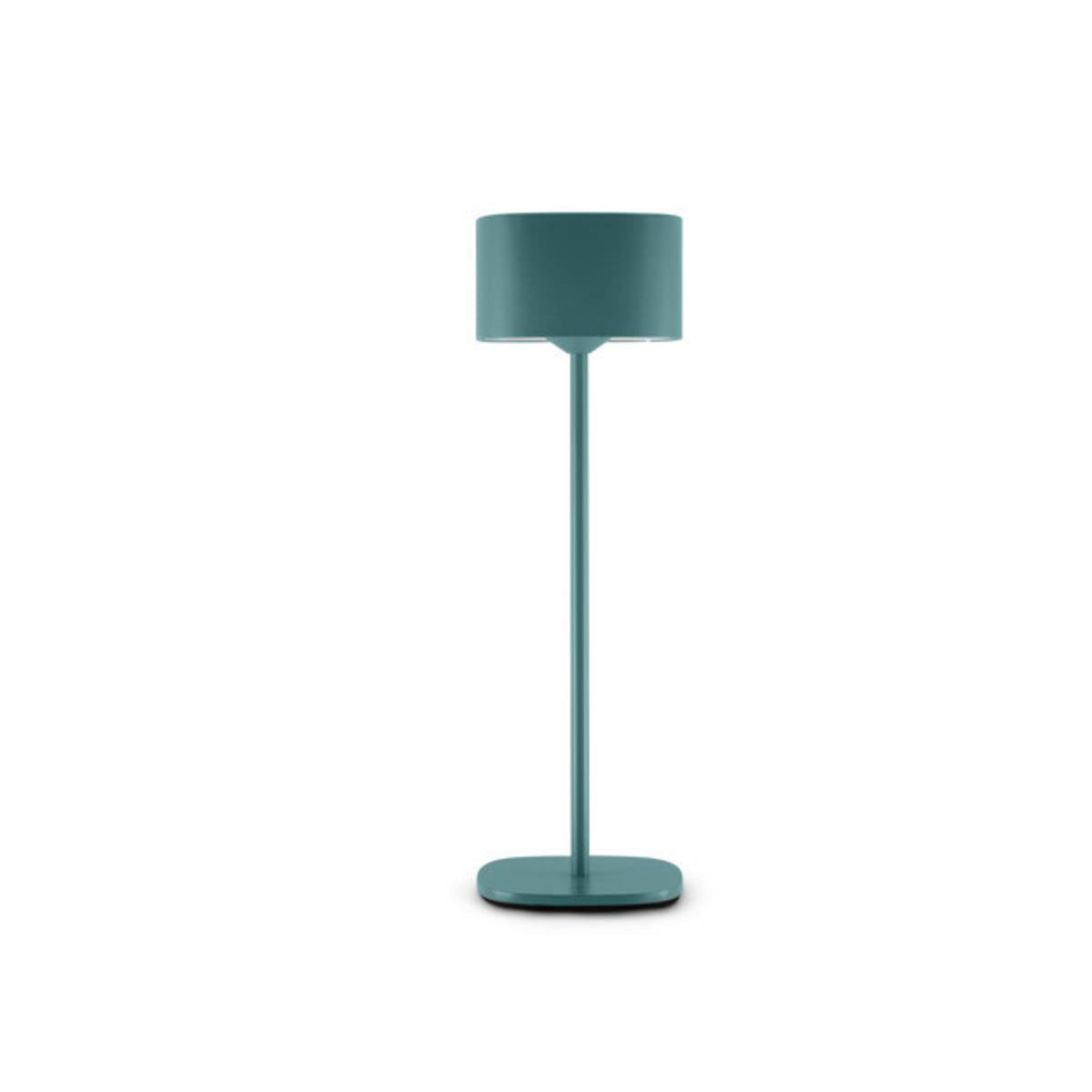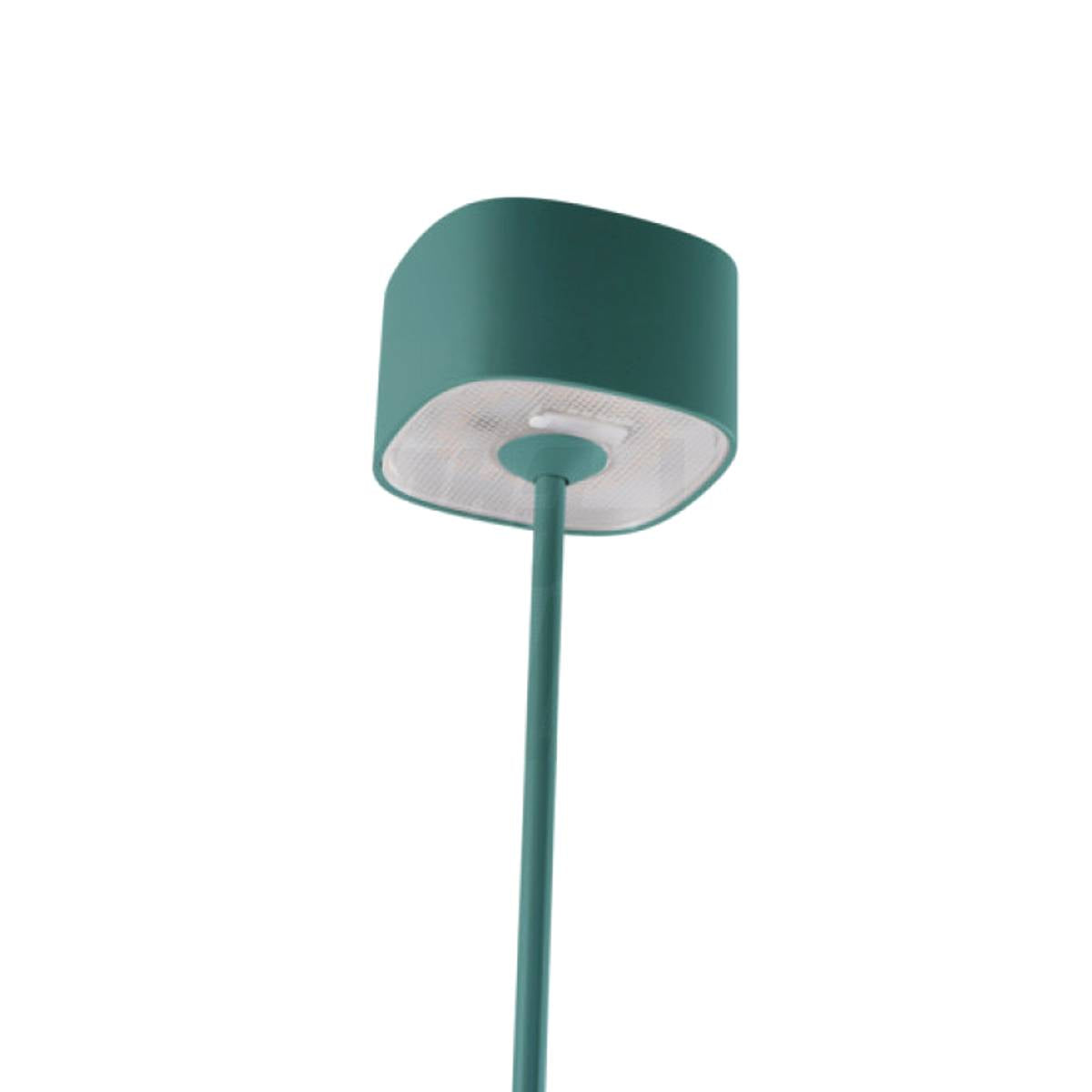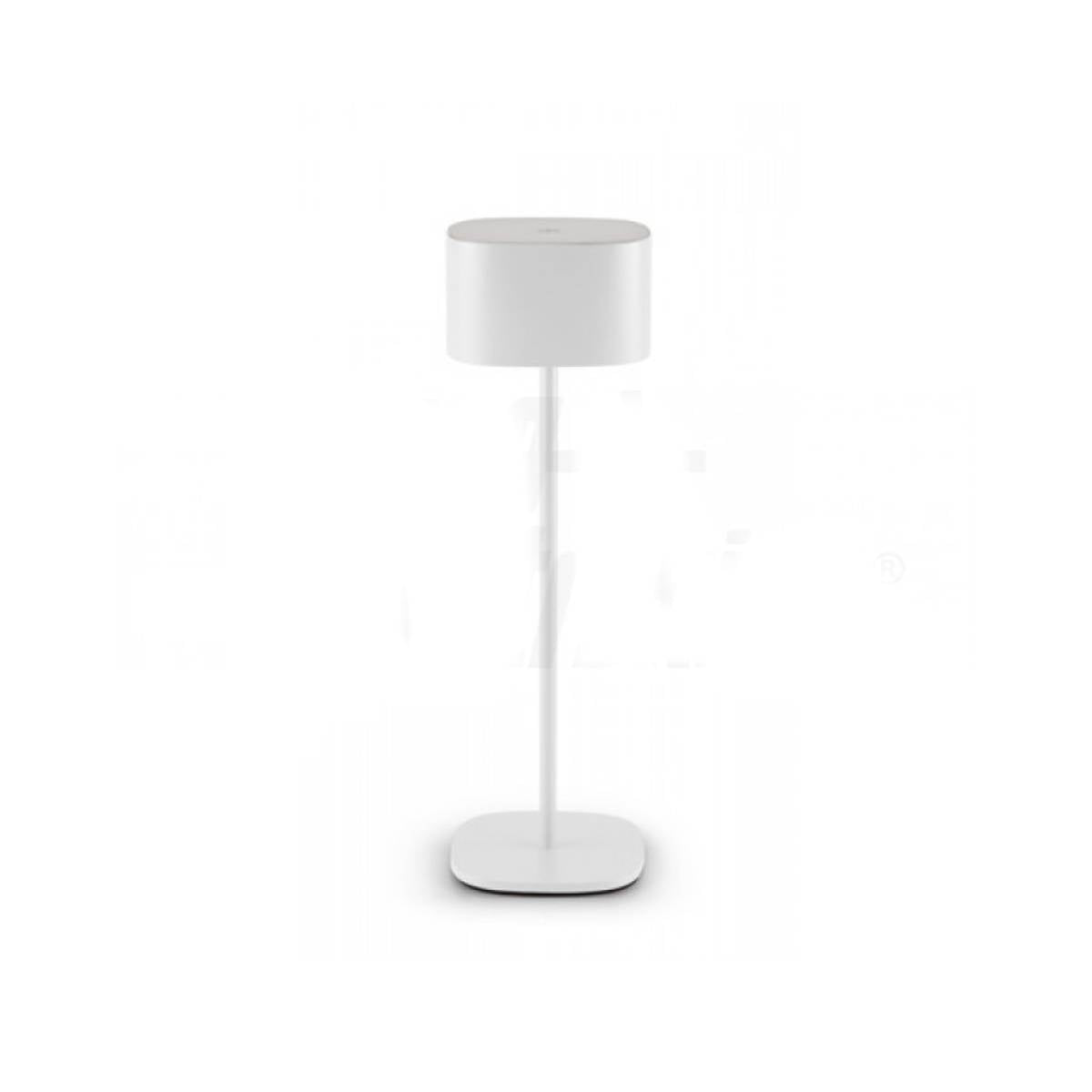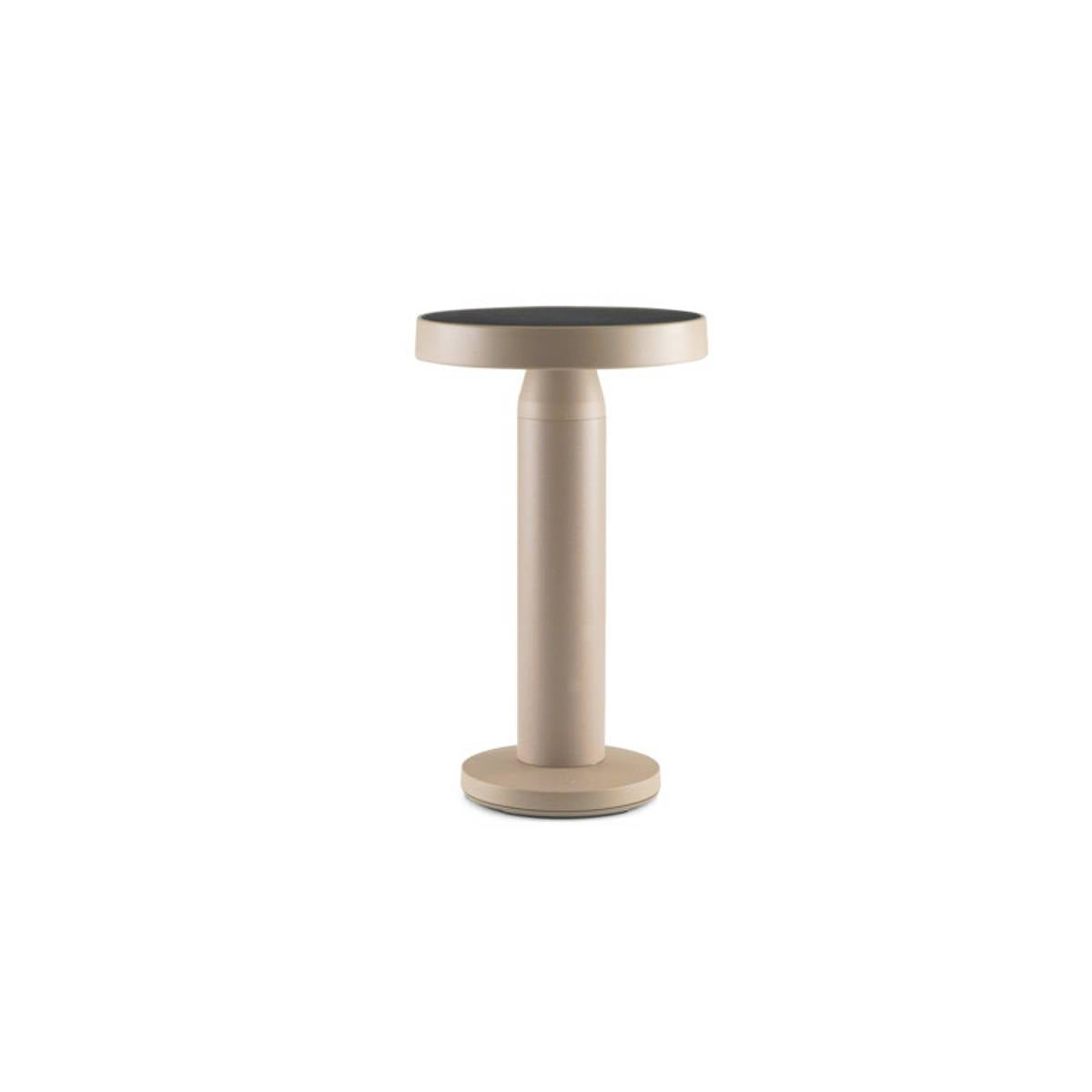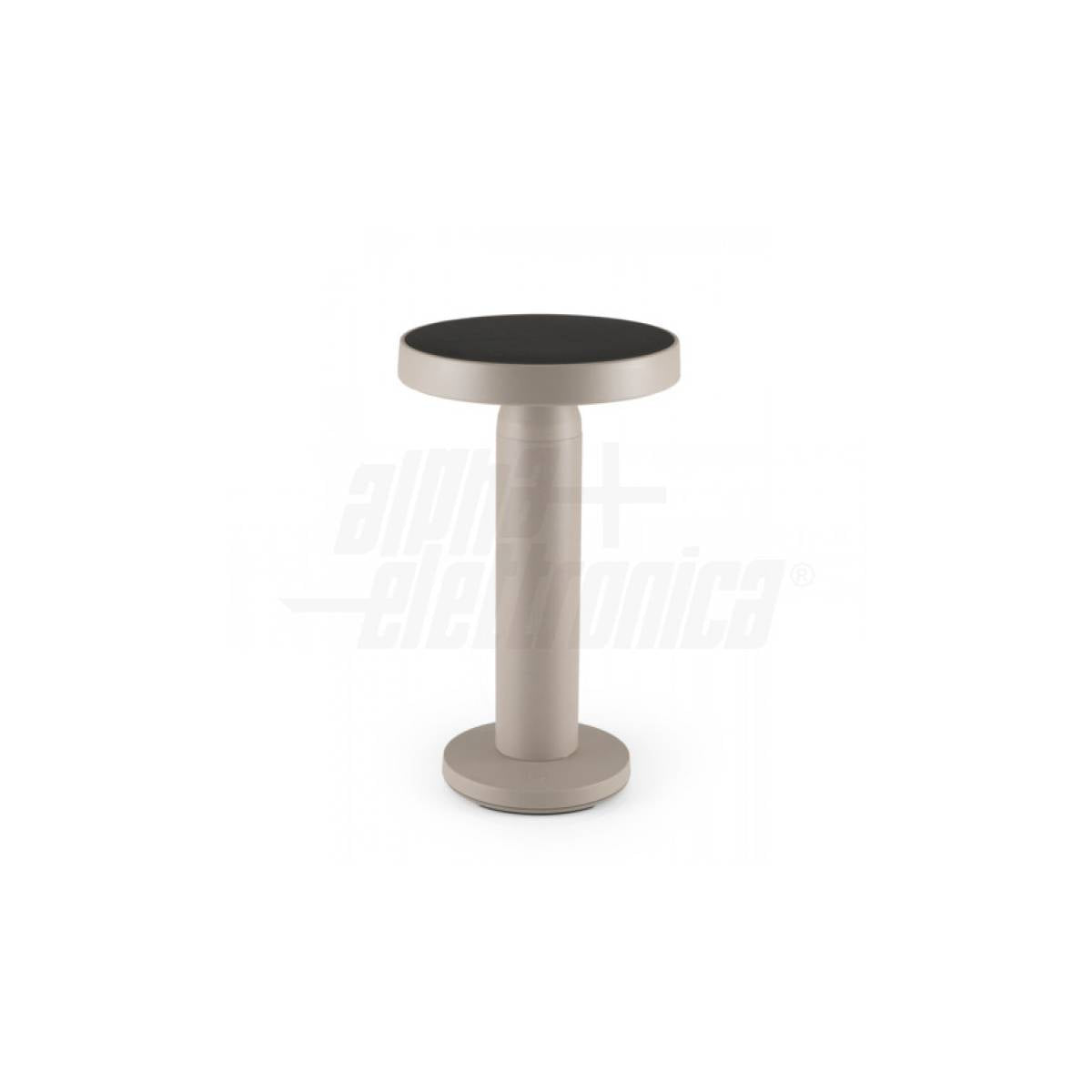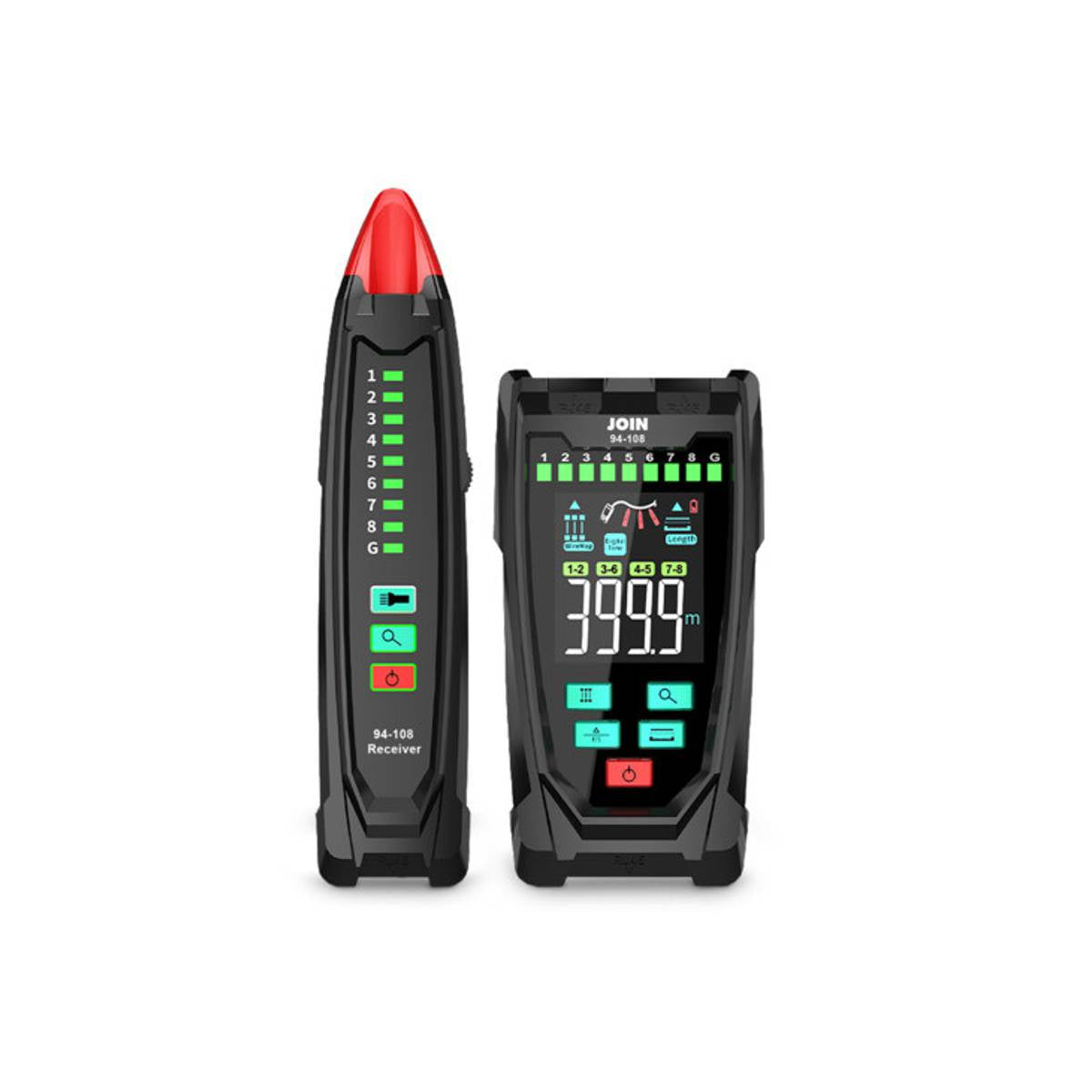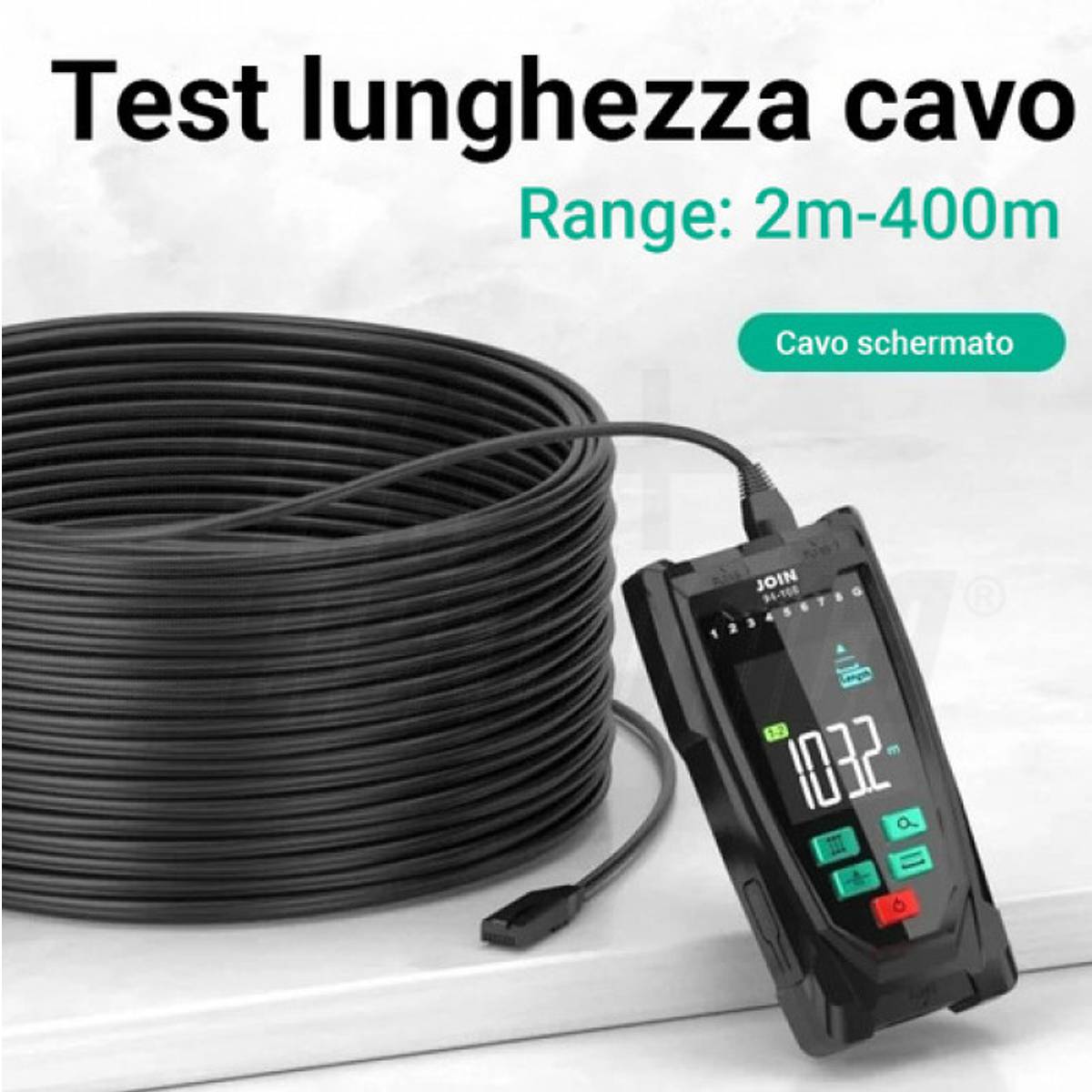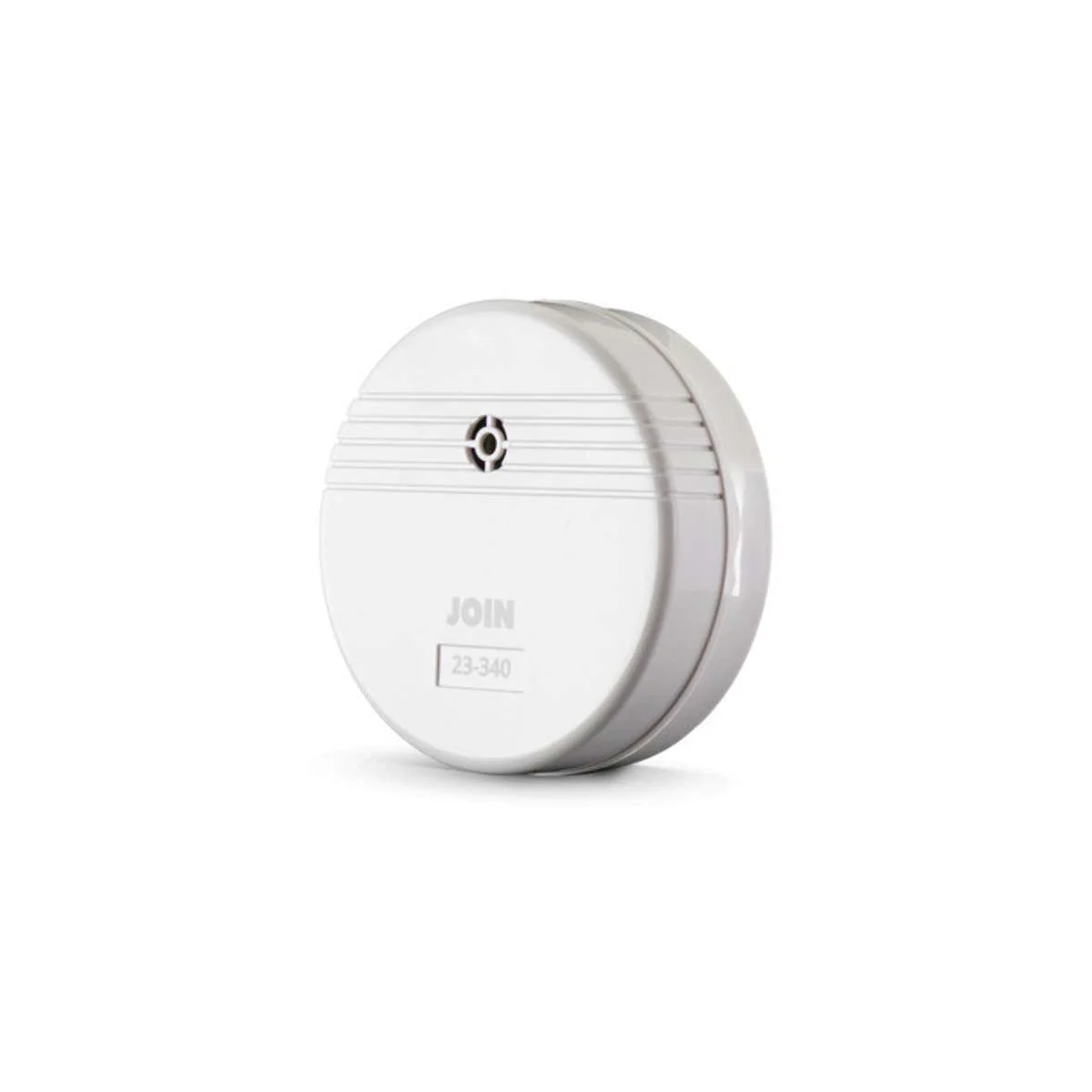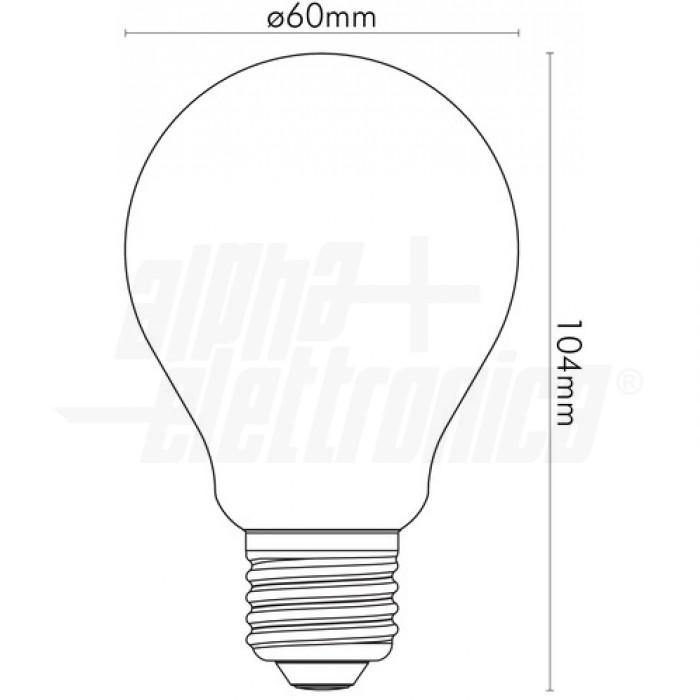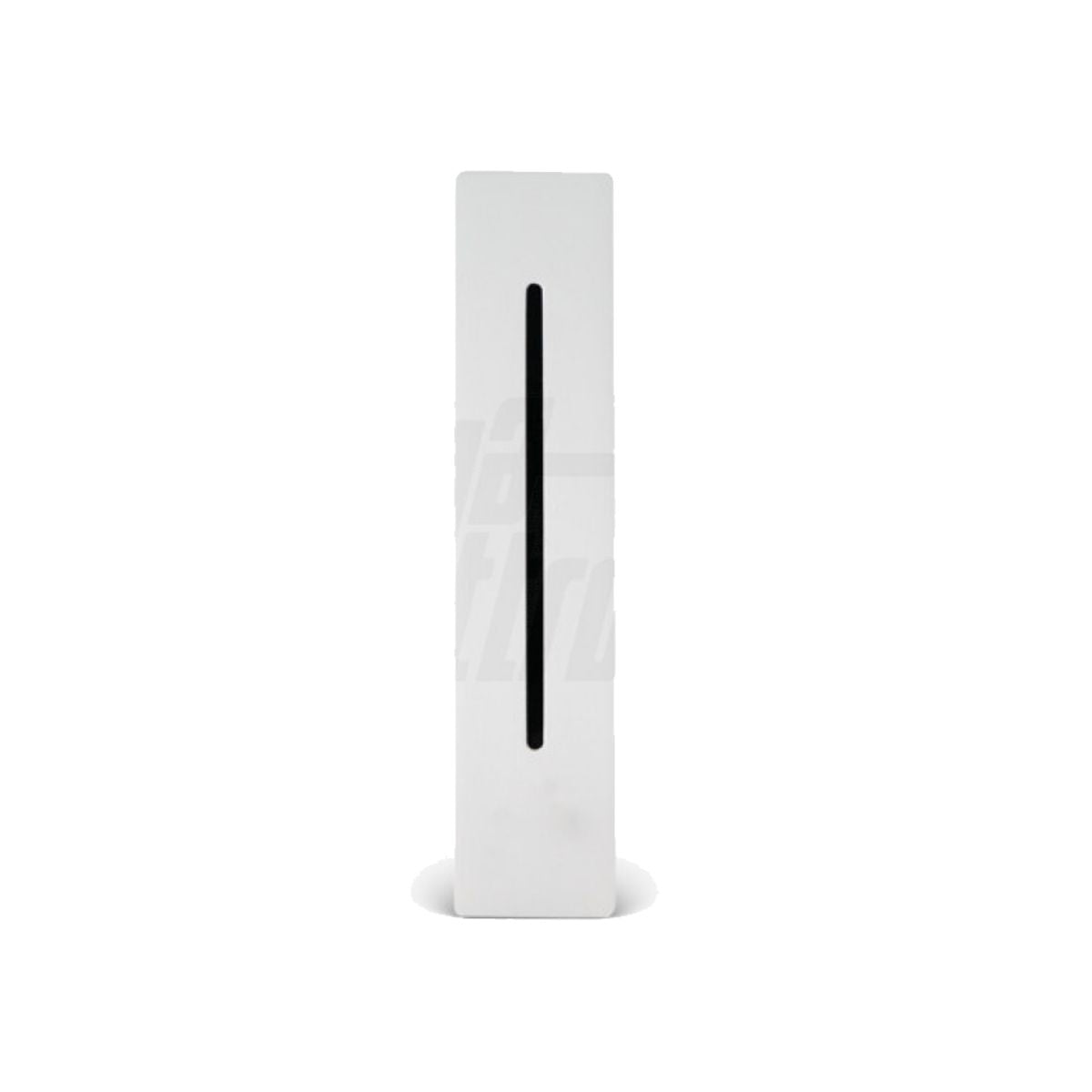Dear readers, are you worried about sudden power outages and the possible damage they can cause to your electronic devices? If yes, then this article is for you! We will help you choose the best UPS to protect your electronic devices. Don't take the current for granted, because 'you won't notice until it's too late.'
What is an Uninterruptible Power Supply?
An uninterruptible power supply is an electrical device that provides emergency power to connected loads in the event of a power outage. These devices are useful for ensuring business continuity and protecting the integrity of sensitive electronic devices during blackouts or power surges.

How does an uninterruptible power supply work?
An uninterruptible power supply ensures that electronic devices are protected from electrical blackouts. Here's how it works:
- Constant monitoring of the incoming power supply.
- Detection of power failures and immediate switching to backup power.
- Using the battery to provide temporary power when switching to emergency power.
- Automatic restoration of main power once interference is resolved.
What are the advantages of an uninterruptible power supply?
If you're looking for a way to protect your electronic equipment from power outages and other power problems, an uninterruptible power supply may be the ideal solution. In this section, we'll explore the key benefits of an uninterruptible power supply, including protecting against power outages, surges and undervoltages, and maintaining continuous access to your equipment. Find out which uninterruptible power supply might be best for your needs and how it can improve the safety and efficiency of your electronic equipment.
Power Failure Protection
Power outage protection is a critical function of an Uninterruptible Power Supply (UPS) system. Protects sensitive equipment and data from unexpected power outages, ensuring operational continuity.
Overvoltage and undervoltage protection
Overvoltage and undervoltage protection is critical to the proper functioning and longevity of electronic devices. An uninterrupted power supply (UPS) protects your equipment from voltage fluctuations, ensuring a stable and safe power supply.
Continuous Access to Equipment
Continuous access to equipment is essential for uninterrupted operations and data integrity. A reliable uninterrupted power supply (UPS) ensures continuous power during power outages, protecting against data loss and equipment damage. It also facilitates the seamless operation of critical systems, such as servers, network devices and security systems, promoting operational efficiency.
How to Choose the Right Uninterruptible Power Supply?
When it comes to choosing an uninterruptible power supply, it is important to take several factors into consideration to make the right choice. In this section, we will explore the main aspects to take into consideration when selecting the UPS suitable for your needs. We will see the load capacity, battery life, number of output sockets, management software and the importance of warranty and assistance. With these elements in mind, you will be able to make an informed choice and get the best UPS for your needs.
Load capacity
Evaluate power requirements for all connected devices.
Calculate the total energy consumption of the devices.
Choose a UPS with a load capacity greater than the total energy consumption.
Consider future expansions and additional devices when determining load capacity.
If you wish we can show you the most correct UPS based on the load to be applied and how much autonomy time you want, contact us by email at info@oniroview.com and send how many watts and how long. Using a tool we will show you the perfect UPS for you.

Battery autonomy
Evaluate power requirements:
Calculate the duration of backup power needed during blackouts based on typical usage patterns and the criticality of the equipment.
Consider battery capacity:
Choose a UPS with a battery that can provide energy for the required duration, taking into account possible variations in energy availability.
Understanding charging time:
Evaluate how quickly the battery recharges after use to ensure readiness for subsequent blackouts.
Check the battery health monitor:
Opt for a UPS with diagnostics and battery health monitoring to proactively address potential problems.
Number of Output Sockets
The number of output sockets on a UPS is critical for connecting multiple devices at the same time. When selecting a UPS, consider the number of output outlets to ensure it meets your equipment requirements. Evaluate the amount of devices that need protection and backup power, then choose a UPS with an adequate number of output outlets to accommodate all critical appliances.
Management software
Management software plays a critical role in monitoring and controlling uninterrupted power systems (UPS). Provides real-time data on power usage, battery status, and alerts for power events. With advanced features such as scheduled shutdowns during outages, remote management and historical performance analysis, the UPS management software ensures seamless power continuity.
Warranty and Assistance
When selecting a UPS, warranty and support are crucial. Look for brands that offer extended warranty periods and comprehensive customer support.
What to Do Before Buying an Uninterruptible Power Supply?
Before purchasing a UPS, it is important to make some assessments to ensure you choose the model best suited to your needs. In this section, we will explore the steps you should take before making your purchase. First, it is essential to evaluate your energy needs to determine the type of uninterruptible power supply you need. Next, we will analyze the different features of the available models and how to compare them to find the most suitable one. Finally, we will talk about how to consider the budget available for purchase and how to find a good balance between price and performance.
Assess Your Energy Needs
Evaluating your energy needs is essential before purchasing an uninterruptible power supply. Calculate the energy required by the devices you need to power and identify the power needed to keep that equipment running during a power outage. Also consider the typical duration of outages in your area and evaluate whether an uninterruptible power supply with extended runtime is needed.
Compare the Features of Different Models
When comparing the features of different uninterrupted power system (UPS) models, consider factors such as:
- the power supply capacity
- battery autonomy
- the number of output sockets
- the management software
- guarantee
Evaluate how each model meets specific requirements in terms of:
- backup power
- surge protection
- continuous access to devices
Consider the Available Budget
When choosing an uninterruptible power supply, it is essential to consider your available budget. Setting a financial limit helps you narrow down your options and focus on models that offer the best combination of features and reliability, without exceeding your available financial resources.
Frequent questions
What is an 'uninterruptible power supply'?
An uninterruptible power supply, also known as an emergency power supply (UPS), is a device that provides backup power in the event of a power outage or fluctuation. It ensures continuous operation of electronic devices without interruptions.
Why do I need an uninterruptible power supply?
An uninterruptible power supply is essential to protect electronic devices from possible damage caused by interruptions or power fluctuations. It also provides peace of mind knowing that your devices will continue to function during a power outage.
How do I choose the right UPS?
When choosing an uninterruptible power supply, it is important to consider the power requirements of your electronic devices, the life and capacity of the UPS battery, and its ability to protect against power surges. It is also important to consider the size and design of the UPS to ensure it fits in the designated space.
What are the different types of uninterruptible power supplies available?
There are three main types of uninterruptible power supplies: standby , line-interactive , and online . Standby UPS is the most common and convenient type, suitable for protecting home appliances. The line-interactive UPS is a high-end solution with additional features such as automatic voltage regulation. The online UPS is the most advanced and offers continuous protection against power fluctuations.
Standby UPS
Standby UPSs are the ideal starting point for those looking for basic protection. When the mains power falters, these devices spring into action, switching from mains power to battery power. Main features include:
- Main Function: Activation only in case of main power failure.
- Efficiency: More energy efficient than other types, but with longer switching time.
- Common Applications: Suitable for protecting home devices and office use.
Line-Interactive UPS
If voltage accuracy is a priority, the Line-Interactive UPS is the right choice. Automatically adjusts voltage in response to fluctuations without switching to batteries, ensuring more stable distribution. Key features include:
- Main Function: Automatic voltage adjustment to deal with fluctuations without passing
- king to the batteries.
- Efficiency: Good efficiency and better voltage regulation than standbys.
- Common Applications: Used in contexts requiring precise voltage regulation, such as electronic computers.

Online UPS
When safety is the top priority, the Online UPS offers continuous protection by constantly maintaining the load with battery power. If continuity is essential to your business, consider these points:
- Main Function: Constantly maintains the load with battery energy for continuous protection.
- Efficiency: Less energy efficient than standby and line-interactive, but offers maximum protection.
- Common Applications: Crucial for sensitive devices and critical equipment, such as servers and networking equipment.
Can I use an uninterruptible power supply for all types of electronic devices?
The UPS is suitable for a variety of electronic devices, including computers, home entertainment systems and networking equipment. However, it is not recommended for high-power devices such as refrigerators or air conditioners.
How often should I replace my UPS?
The battery life of an uninterruptible power supply is usually 3 to 5 years. It is recommended to replace the battery within this period to ensure optimal performance. Some UPS models also have a replaceable battery, allowing you to extend their life without having to buy a new one.



